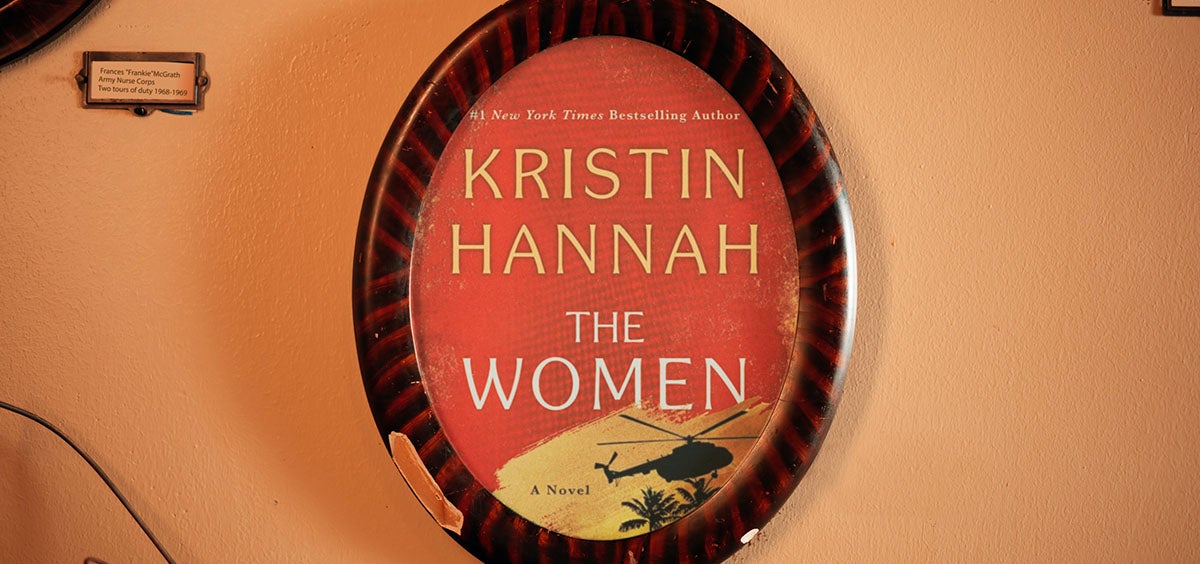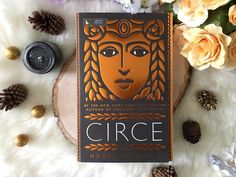In literature, some books stand as milestones of intellectual awakening, social commentary, and empowerment. The Woman Book is one such title, encapsulating the voices of women through history, their challenges, achievements, and the eternal journey toward equality. This article delves into the significance of The Woman Book, its impact on feminist literature, and how it continues to resonate in modern times.
The Origin of The Woman Book
Understanding the roots of The Woman Book requires us to look back at the historical landscape of women’s writing. Emerging from a time when women’s voices were often sidelined, it brought forth narratives of resilience, strength, and the demand for recognition. Initially, The Woman Book might have started as a collection of essays, stories, or memoirs, capturing the lived experiences of women. Over time, however, it evolved into a literary symbol representing broader feminist ideals.
Exploring the Themes in The Woman Book

The central themes of The Woman Book are varied, yet they all orbit around the concept of womanhood in different societal contexts. Whether it’s addressing the constraints imposed by patriarchal norms or highlighting the quiet revolution of women claiming space, these themes reflect the complexity of being a woman. Below are some prominent themes that appear throughout The Woman Book:
Identity and Self-Expression
One of the key themes is the exploration of identity. For centuries, women have struggled to define themselves outside the roles prescribed to them—mother, wife, daughter, or sister. In The Woman Book, identity is portrayed as a deeply personal and ever-evolving concept, often marked by defiance and creativity.
Female Solidarity
Sisterhood and solidarity among women are another recurring motif in The Woman Book. In its pages, the strength women draw from one another is illustrated beautifully. Whether through friendship, mentorship, or the collective fight for rights, this theme highlights how unity has helped women push boundaries and enact change.
Resistance Against Oppression
Resistance forms the backbone of many narratives within The Woman Book. Whether it’s resistance against overt discrimination or the subtler forms of societal control, the women in this book rise against oppression. These stories emphasize the importance of courage and the ongoing fight for autonomy and justice.
The Intersection of Race, Class, and Gender
The Woman Book is not solely about gender; it also explores how race, class, and other social factors intersect with the female experience. By addressing the layered nature of oppression, the book brings nuance to the conversation about women’s rights and the broader context of social justice.
Feminist Literary Influence of The Woman Book
The influence of The Woman Book on feminist literature is profound. It gave a voice to women in times when such voices were often silenced or ignored. As a work that intersects personal narratives with larger social commentary, it helped lay the foundation for feminist literary criticism. Here’s how The Woman Book has impacted the world of literature:
Pioneering Women’s Stories
Before the widespread acceptance of feminist literature, there were few platforms for women to share their stories. The Woman Book opened the floodgates, providing a literary space where women’s experiences were the main focus rather than a side story. It also encouraged future female authors to approach their narratives with authenticity and honesty, further diversifying the representation of women in literature.
Challenging Gender Norms
The boldness of The Woman Book lies in its unapologetic challenge of traditional gender roles. The characters and essays within question the ‘norms’ set for women, encouraging readers to think critically about the limitations placed on them. It brought feminist ideology into the homes of many, planting seeds of thought that would later blossom into action.
A Catalyst for the Women’s Movement
While feminist activism existed long before The Woman Book, its publication added a new dimension to the movement. By providing intellectual and emotional validation to women’s struggles, it acted as a powerful catalyst for both second-wave feminism and the ongoing fight for equality today.
The Importance of The Woman Book in Contemporary Society
Although The Woman Book originated in earlier waves of feminism, its relevance remains undeniable today. In an age where the fight for gender equality continues, this book serves as both a reminder of past victories and a blueprint for the future. It holds the following contemporary significance:
Representation in Media and Literature
In today’s world, where representation is more important than ever, The Woman Book still stands as an essential work for understanding the multi-faceted nature of womanhood. It reminds us that true progress can only be achieved when diverse voices are heard and celebrated. The narratives in the book continue to inspire women to see themselves as multifaceted individuals, breaking away from stereotypes.
Empowering Younger Generations
One of the greatest legacies of The Woman Book is its role in empowering younger generations of women. As they read about the struggles and triumphs of those before them, they are encouraged to continue the fight for their rights and freedoms. It serves as both a source of strength and a call to action.
Continuing the Dialogue on Feminism
Feminism is not a static concept, and neither is The Woman Book. Its pages contain questions that are as relevant today as they were at its inception: What does it mean to be a woman in modern society? How do we balance personal desires with social responsibilities? The book’s legacy is its ability to inspire continued conversations around these issues.
How The Woman Book Addresses Intersectionality
A critical aspect of modern feminist thought is intersectionality, and The Woman Book addresses this concept head-on. By recognizing that race, class, sexuality, and gender identity intersect to shape women’s experiences, the book broadens the understanding of oppression. It encourages readers to consider not only the struggles specific to women but also how these struggles are compounded by other factors.
The Importance of Diverse Voices
In highlighting the importance of intersectionality, The Woman Book includes stories from women of all backgrounds. It emphasizes that no single narrative can encapsulate the female experience. By doing so, the book enriches feminist discourse and makes it more inclusive.
A Platform for Marginalized Women
In many ways, The Woman Book serves as a platform for women whose stories might not otherwise be told. Whether it’s the experience of a working-class woman, a woman of color, or a member of the LGBTQ+ community, the book gives voice to those who are often sidelined in mainstream feminist literature.
Reflections on The Future of The Woman Book
Looking toward the future, the role of The Women Book in feminist literature is likely to expand. As new waves of feminism emerge and the fight for equality continues in different forms, this book will remain a cornerstone for both readers and writers. Its relevance lies in its ability to adapt, encompassing new struggles while remaining rooted in timeless principles of empowerment.
Adapting to Modern Challenges
In a rapidly changing world, The Women Book will likely continue to evolve. The themes of digital feminism, workplace equality, and gender-fluid identities are areas that future editions could explore in depth. These modern challenges require a nuanced understanding of feminism that The Women Book has consistently provided.
Inspiring New Generations of Writers
As feminist literature continues to grow, The Woman Book will undoubtedly inspire new generations of writers. Young women today, influenced by the rise of digital platforms, are writing their stories in ways that mirror the authenticity and bravery found in this book. It will serve as both a guide and a benchmark for what feminist writing can achieve.
The Woman Book FAQs
What is The Woman Book about?
The Women Book explores the experiences, struggles, and triumphs of women throughout history, touching on themes like identity, resistance, and solidarity.
Why is The Women Book significant in feminist literature?
It played a crucial role in giving voice to women’s experiences and in challenging societal norms, significantly influencing feminist discourse.
How does The Women Book address intersectionality?
It includes diverse narratives from women of different races, classes, and sexualities, showing how various forms of oppression intersect.
What themes are prominent in The Woman Book?
Themes include identity, female solidarity, resistance against oppression, and the intersection of gender with race and class.
How has The Women Book influenced the feminist movement?
By providing intellectual and emotional validation to women’s struggles, it has been a catalyst for feminist activism, particularly during the second-wave feminism
Yes, its themes of empowerment, equality, and resistance continue to resonate, making it an important read in the ongoing fight for gender justice











